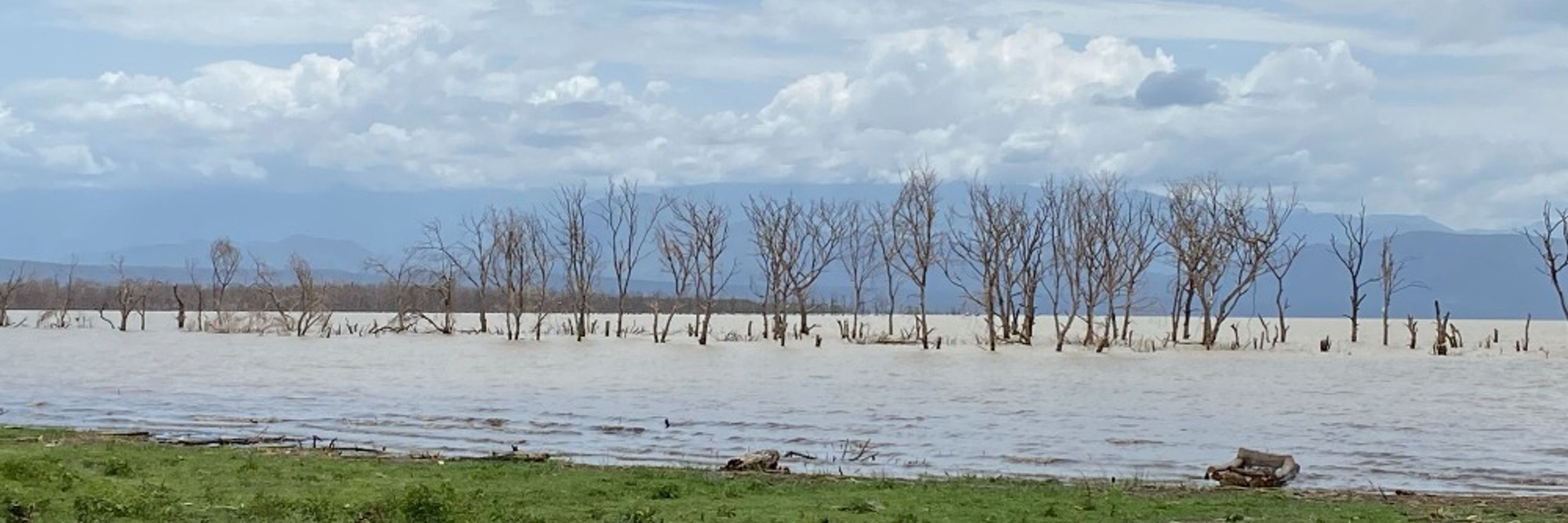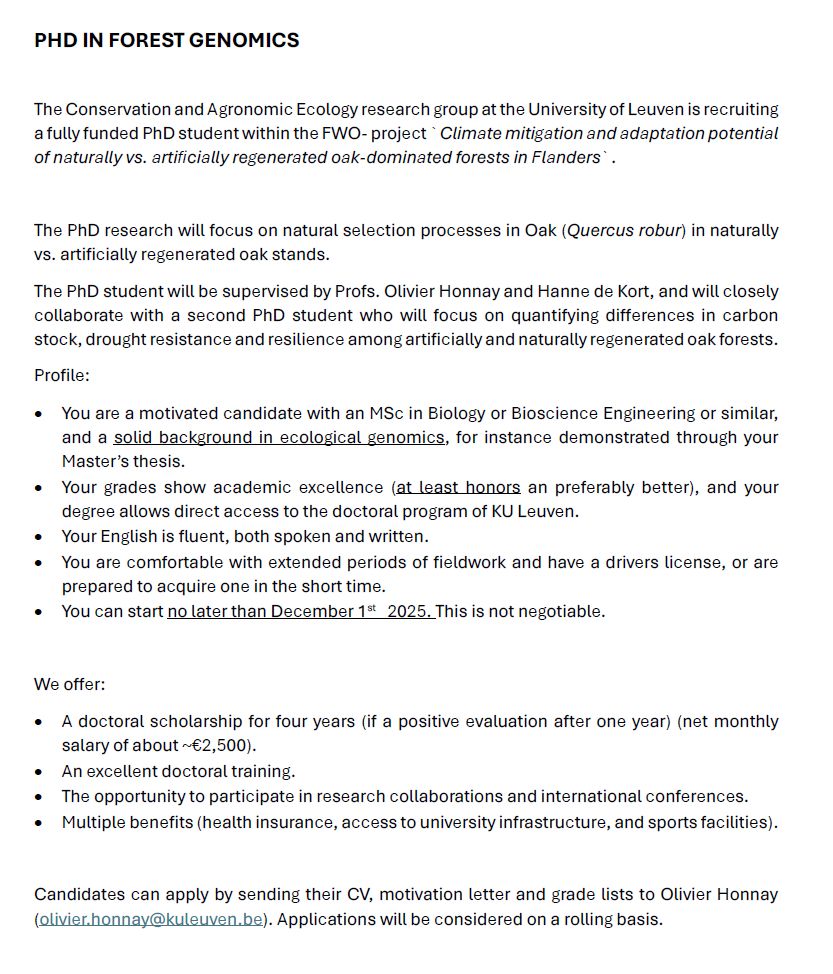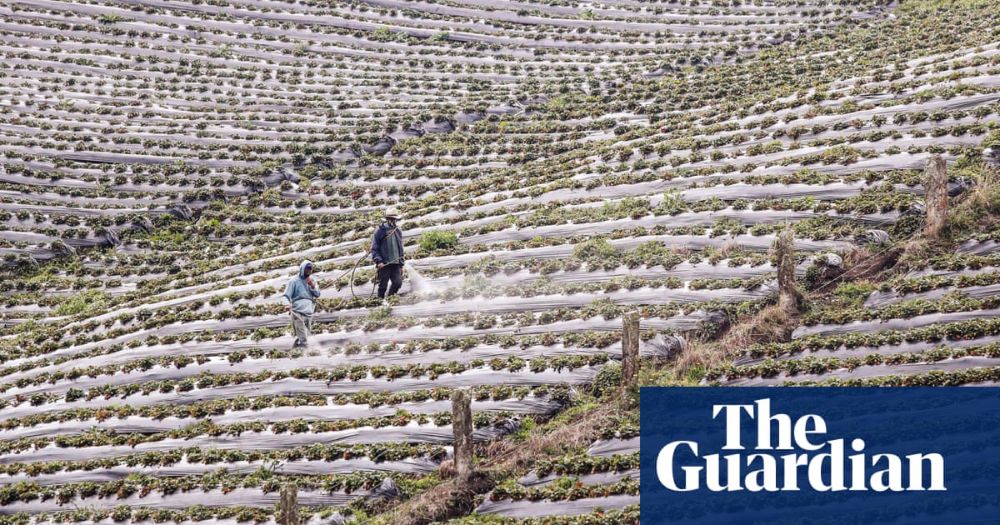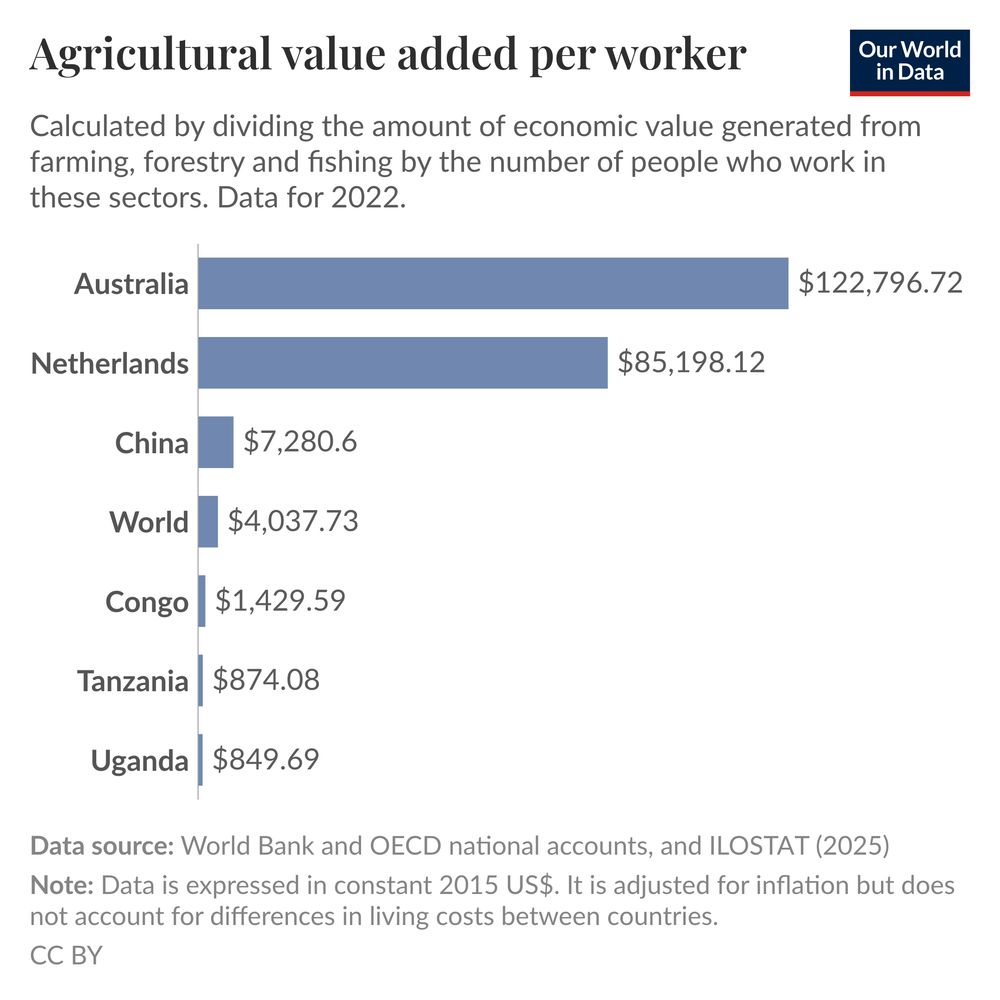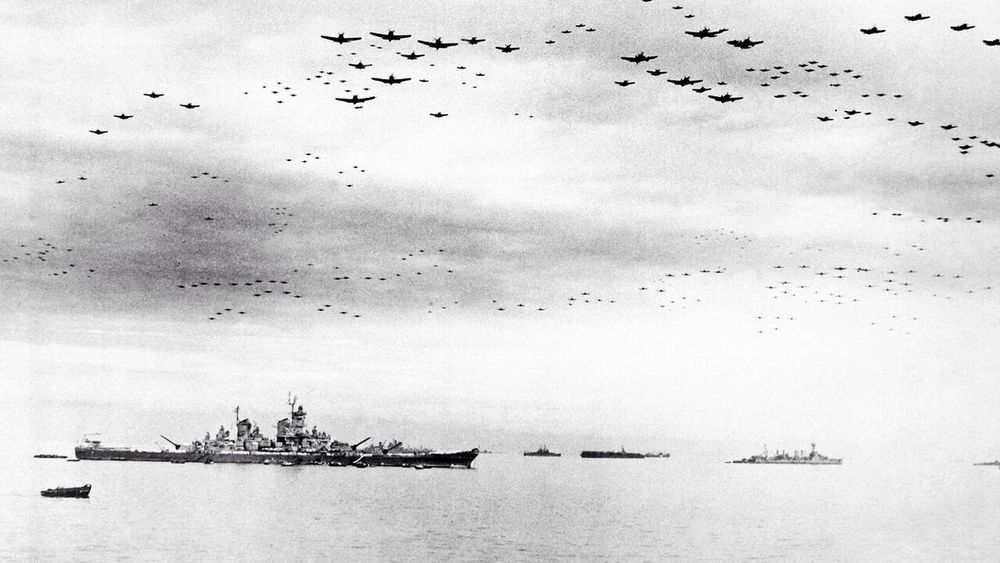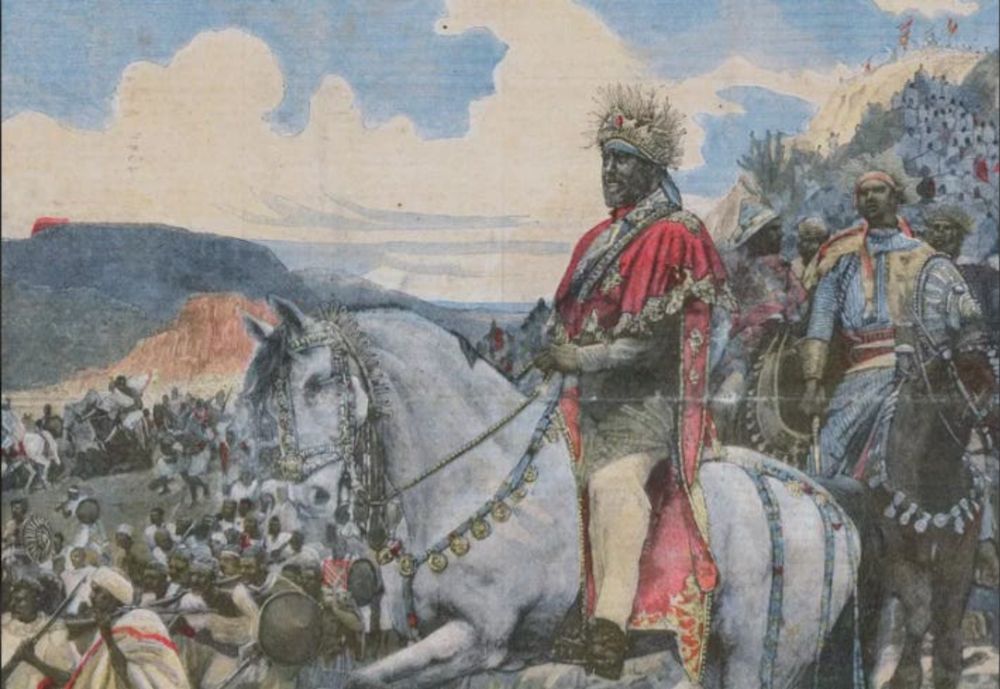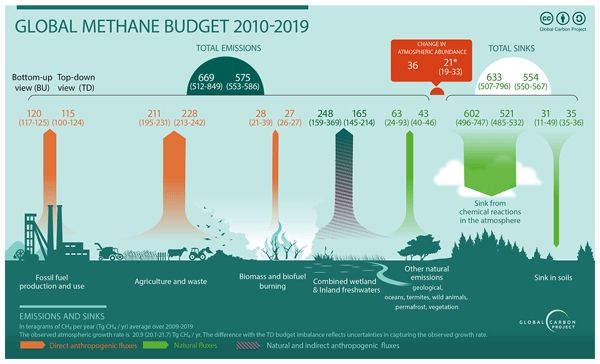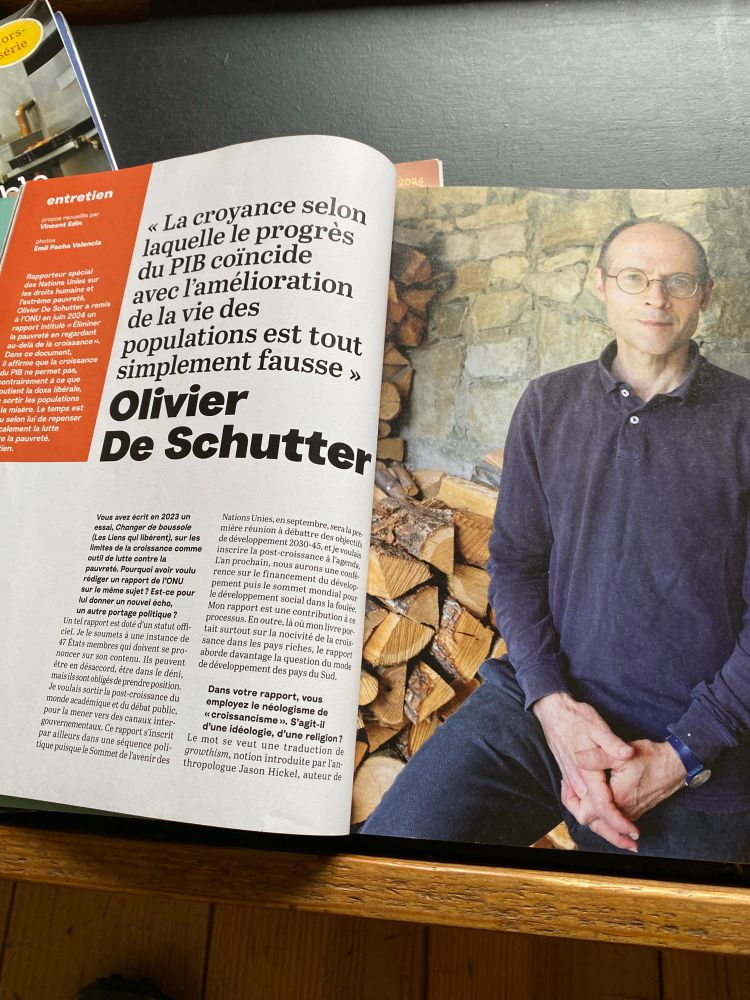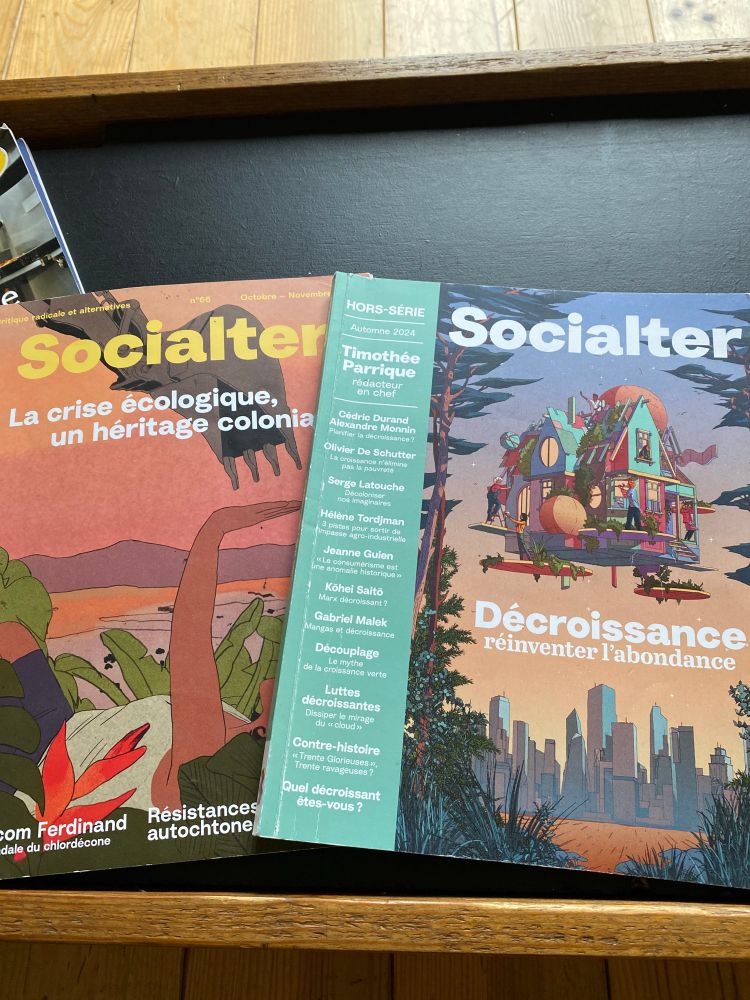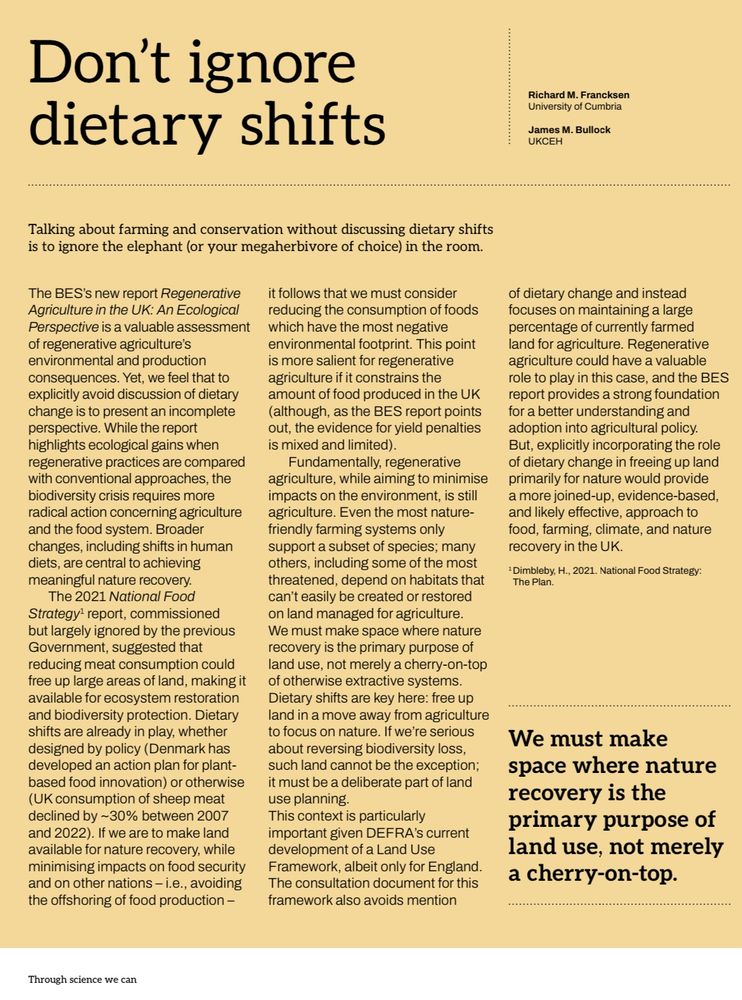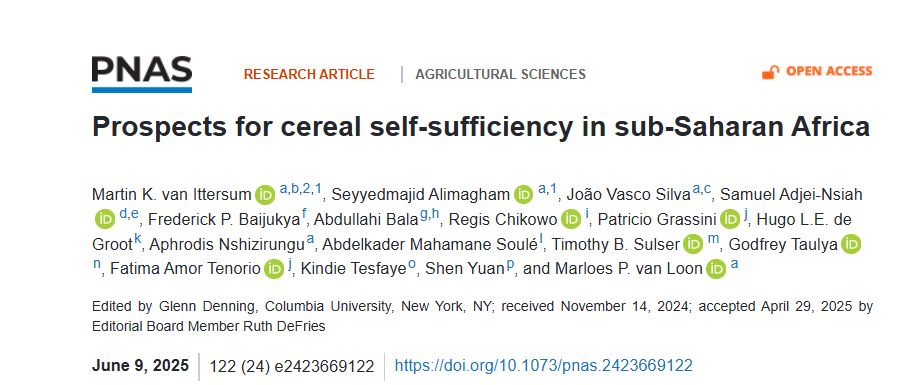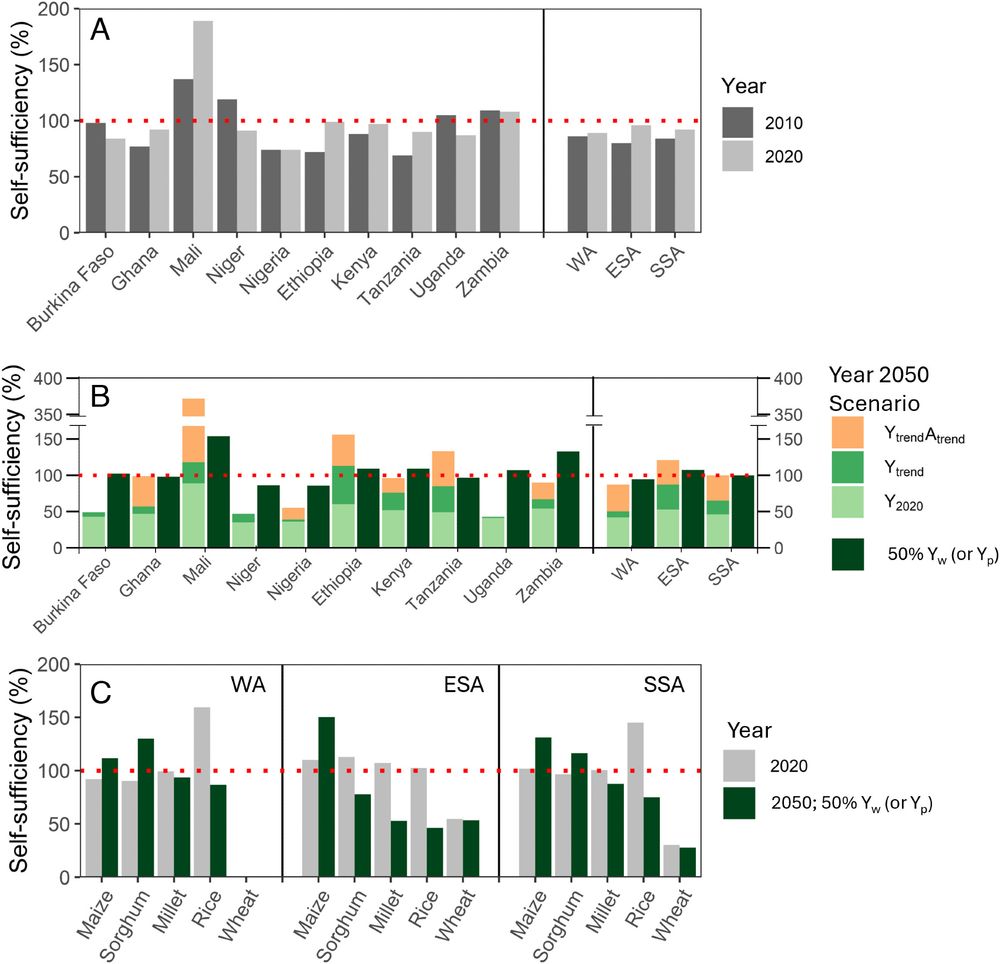Olivier Honnay
@olivierhonnay.bsky.social
5K followers
890 following
180 posts
Conservation biology | Agronomic ecology | Trade-offs | Professor KU Leuven | KU Leuven Plant Institute | Non-utopian
https://bio.kuleuven.be/faculty/00012061
Posts
Media
Videos
Starter Packs
Reposted by Olivier Honnay
Reposted by Olivier Honnay
Reposted by Olivier Honnay
Reposted by Olivier Honnay
Stef Aerts
@stefaerts.bsky.social
· Aug 22
Olivier Honnay
@olivierhonnay.bsky.social
· Aug 22
Reposted by Olivier Honnay
Reposted by Olivier Honnay
Reposted by Olivier Honnay
Our World in Data
@ourworldindata.org
· Aug 12

Increasing agricultural productivity across Sub-Saharan Africa is one of the most important problems this century
Agricultural productivity across Sub-Saharan Africa needs to improve to reduce hunger, poverty, and the destruction of biodiversity.
ourworldindata.org
Reposted by Olivier Honnay
Reposted by Olivier Honnay
Olivier Honnay
@olivierhonnay.bsky.social
· Jun 11
